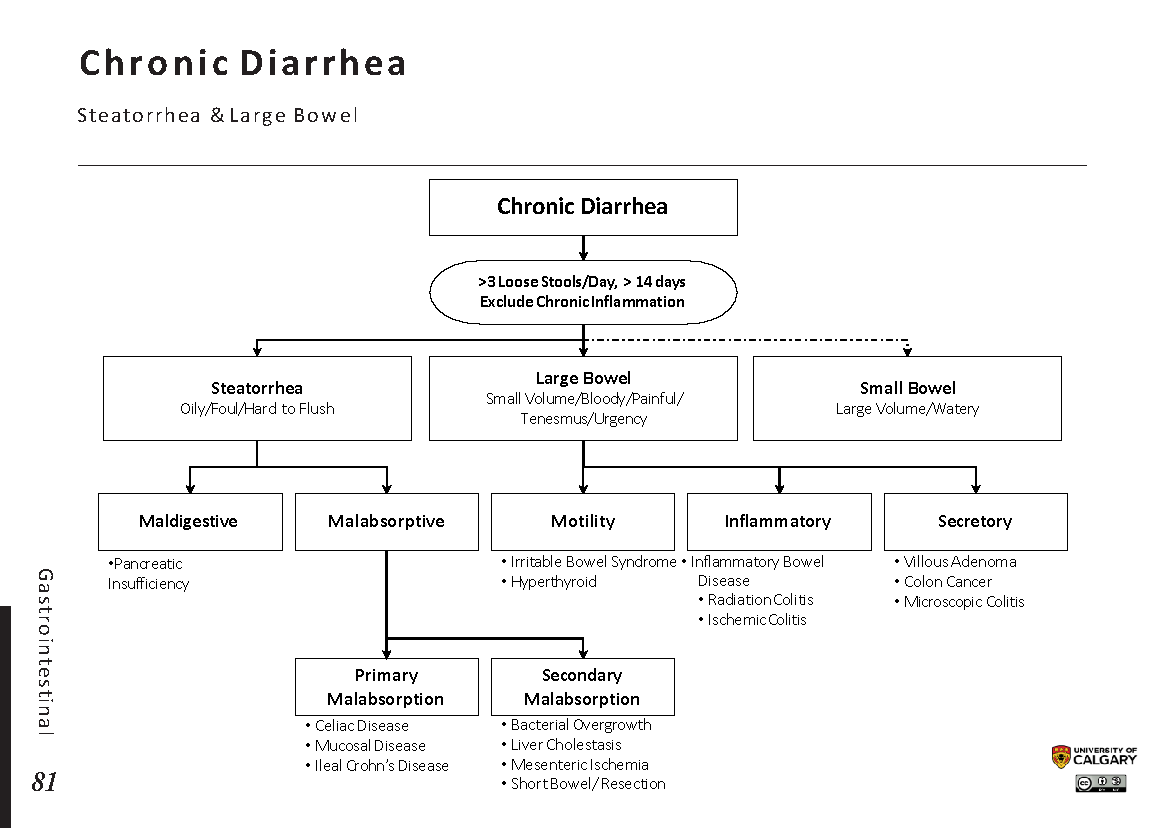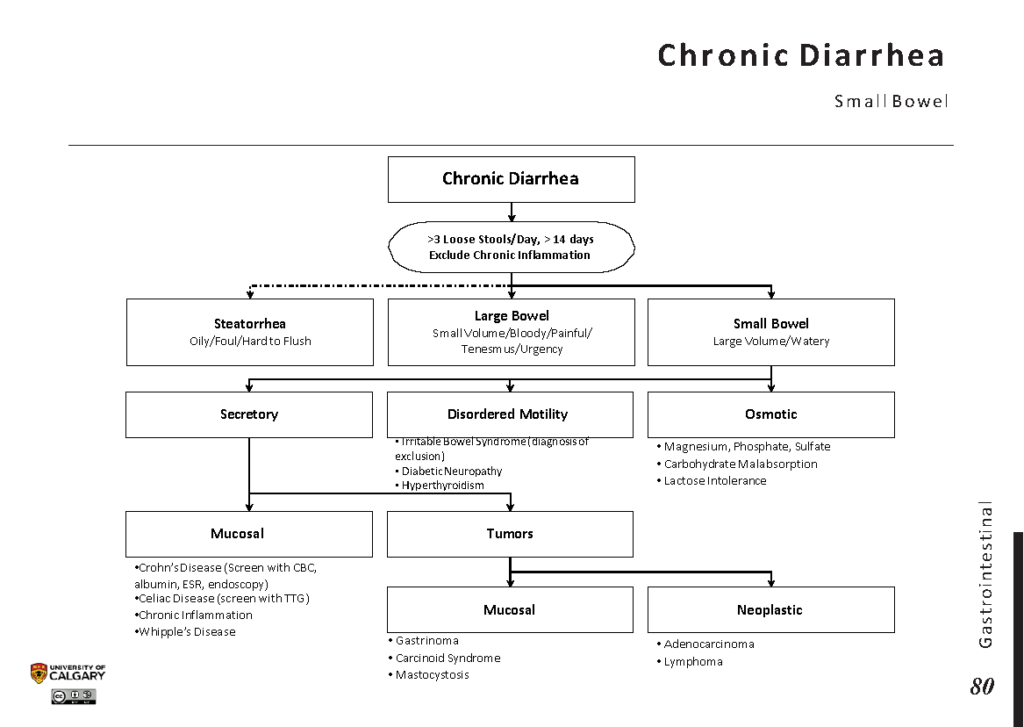Chronic diarrhea, often abbreviated as CD, is a condition that affects millions of people worldwide. Unlike acute diarrhea, which typically resolves within a few days, chronic diarrhea persists for weeks or even months. This ongoing issue can significantly impact a person’s quality of life, leading to discomfort, dehydration, and nutritional deficiencies. In this article, we will explore the underlying causes, common symptoms, and available treatments for chronic diarrhea.

What is Chronic Diarrhea?
Chronic diarrhea is defined as frequent loose or watery bowel movements that last for more than four weeks. While occasional diarrhea is common and usually harmless, chronic diarrhea may indicate an underlying health issue that requires medical attention. The condition can be classified into three main types based on its characteristics:
- Osmotic diarrhea: Occurs when certain substances in the intestine draw water into the bowel.
- Secretory diarrhea: Results from the intestine producing excessive fluid.
- Exudative diarrhea: Involves the presence of blood or pus in the stool, often due to inflammation or infection.
Common Causes of Chronic Diarrhea
Understanding the root cause of chronic diarrhea is crucial for effective treatment. There are numerous potential causes, ranging from dietary factors to serious medical conditions. Below are some of the most common causes:
Gastrointestinal Disorders
Several gastrointestinal disorders are closely associated with chronic diarrhea. These include:
- Irritable Bowel Syndrome: A functional disorder of the digestive tract that often leads to alternating episodes of diarrhea and constipation.
- Inflammatory Bowel Disease: Conditions such as Crohn’s disease and ulcerative colitis can cause persistent inflammation in the digestive tract, resulting in diarrhea.
- Celiac Disease: An autoimmune disorder triggered by gluten consumption, leading to damage in the small intestine and malabsorption of nutrients.
Infections
Bacterial, viral, or parasitic infections can sometimes lead to chronic diarrhea, especially if left untreated. Common culprits include:
- Giardia lamblia: A parasite that infects the intestines and is often contracted through contaminated water.
- Clostridioides difficile: A bacterial infection that often occurs after antibiotic use and can cause severe diarrhea.
- Helicobacter pylori: A bacterium that can cause stomach ulcers and contribute to ongoing digestive issues.
Dietary Factors
Certain foods and beverages can trigger chronic diarrhea in susceptible individuals. Examples include:
- Lactose intolerance: Difficulty digesting lactose, a sugar found in dairy products, can lead to diarrhea.
- Artificial sweeteners: Sugar substitutes like sorbitol and mannitol are poorly absorbed by the body and can cause diarrhea.
- High-fat diets: Consuming excessive amounts of fatty foods may exacerbate digestive issues in some people.
Medications
Some medications can disrupt normal bowel function and lead to chronic diarrhea. These include:
- Antibiotics: While helpful in treating infections, antibiotics can also disrupt the balance of gut bacteria.
- Laxatives: Overuse of laxatives can result in dependency and ongoing diarrhea.
- Chemotherapy drugs: Cancer treatments often have gastrointestinal side effects, including diarrhea.
Symptoms of Chronic Diarrhea
Chronic diarrhea is not just about frequent bowel movements. It often comes with a range of other symptoms that can help identify its underlying cause. Some of the most common symptoms include:
- Abdominal pain or cramping
- Bloating and gas
- Nausea or vomiting
- Weight loss
- Fatigue
- Dehydration
In some cases, chronic diarrhea may also present with more alarming signs, such as blood in the stool, fever, or severe abdominal pain. If these symptoms occur, it is important to seek medical attention promptly.
Diagnosing Chronic Diarrhea
Diagnosing the cause of chronic diarrhea often involves a combination of medical history evaluation, physical examination, and diagnostic tests. Healthcare providers may use the following approaches:
Medical History and Physical Examination
A thorough review of the patient’s medical history and lifestyle can provide valuable clues about the cause of chronic diarrhea. Questions may focus on diet, recent travel, medication use, and family history of gastrointestinal disorders. During the physical examination, the healthcare provider may check for signs of dehydration, abdominal tenderness, or weight loss.
Laboratory Tests
Various laboratory tests can help identify the underlying cause of chronic diarrhea. These include:
- Stool analysis: To detect infections, blood, or fat content in the stool.
- Blood tests: To assess nutritional status, check for anemia, or identify markers of inflammation.
- Allergy testing: To determine if food sensitivities are contributing to the problem.
Imaging and Endoscopic Procedures
In some cases, imaging studies or endoscopic procedures may be necessary to visualize the digestive tract. These include:
- Colonoscopy: A procedure to examine the colon and rectum for abnormalities.
- Upper endoscopy: A test to evaluate the esophagus, stomach, and small intestine.
- CT scans or MRIs: Imaging techniques that provide detailed pictures of the abdomen and pelvis.
Treatment Options for Chronic Diarrhea
The treatment of chronic diarrhea depends on its underlying cause. Once the cause is identified, healthcare providers can develop a personalized treatment plan. Below are some common approaches to managing chronic diarrhea:
Dietary Modifications
Adjusting one’s diet is often the first step in managing chronic diarrhea. Depending on the cause, dietary changes may include:
- Eliminating trigger foods: Avoiding lactose, gluten, or artificial sweeteners if they are contributing to symptoms.
- Incorporating fiber: Adding soluble fiber to the diet can help firm up stools and regulate bowel movements.
- Staying hydrated: Drinking plenty of fluids to prevent dehydration caused by frequent loose stools.
Medications
Depending on the diagnosis, medications may be prescribed to alleviate symptoms or address the underlying condition. These include:
- Antibiotics: To treat bacterial infections like Clostridioides difficile.
- Anti-inflammatory drugs: For inflammatory bowel disease or other inflammatory conditions.
- Probiotics: Supplements containing beneficial bacteria that can restore gut flora balance.
Lifestyle Changes
In addition to dietary adjustments and medications, certain lifestyle changes can help manage chronic diarrhea. These include:
- Reducing stress: Stress can exacerbate digestive issues, so relaxation techniques like yoga or meditation may be beneficial.
- Regular exercise: Physical activity can promote healthy digestion and improve overall well-being.
- Avoiding alcohol and caffeine: Both substances can irritate the digestive tract and worsen diarrhea.
Surgical Interventions
In rare cases where chronic diarrhea is caused by structural abnormalities or severe conditions like Crohn’s disease, surgery may be necessary. Surgical options vary depending on the specific issue but may involve removing damaged portions of the intestine or repairing obstructions.
When to Seek Medical Attention
While occasional bouts of diarrhea are normal, chronic diarrhea should not be ignored. It is important to consult a healthcare provider if you experience any of the following:
- Persistent diarrhea lasting more than four weeks
- Blood or pus in the stool
- Severe abdominal pain or cramping
- Signs of dehydration, such as dizziness, dry mouth, or reduced urine output
- Unexplained weight loss
Early diagnosis and treatment can prevent complications and improve long-term outcomes for individuals with chronic diarrhea.





